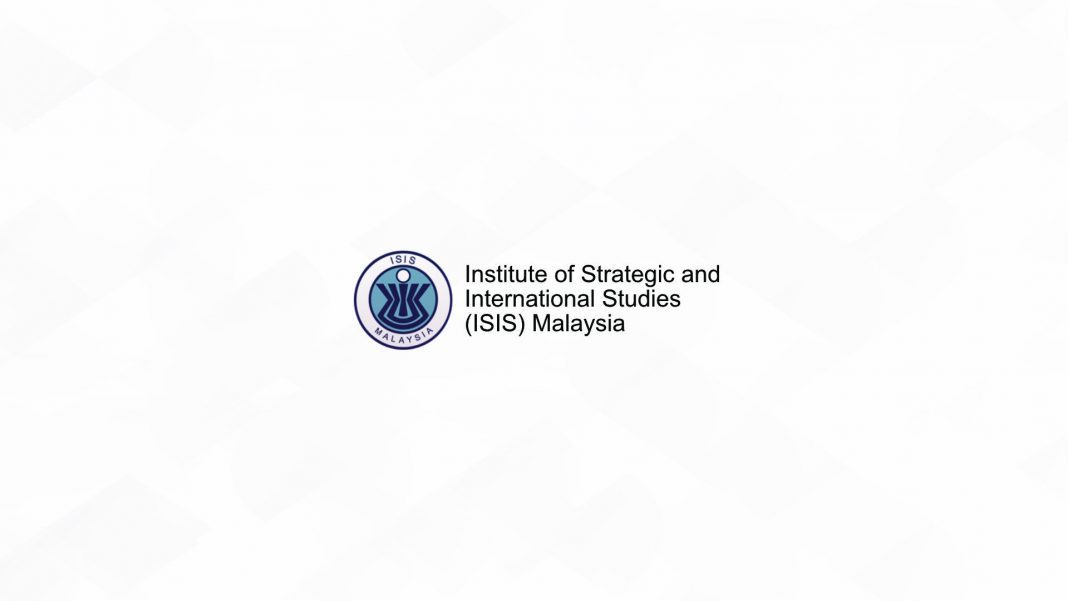As we are in the last month of the decade, it is worth envisioning the road ahead for mental health in Malaysia.
During the Mental Health Awareness Month two months ago, this writer argued that mental health issues will be a problem for Malaysians.
Statistics show that mental illness is projected to be the second biggest health issue affecting Malaysians next year.
This writer stated that we as a society — as opposed to just the government — must improve our mental health literacy and nurture mental resilience for those who need it.
The Health Ministry’s launch of the Mental Health Handbook on Dec 3 is most welcomed.
The handbook should be a resource for awareness and guidance on mental health issues and disorders, such as depression, anxiety, bipolar and schizophrenia.
It is not only designed for sufferers, but also for their families, friends and colleagues — the entire network from sufferers to their support system.
For example, the chapter on anxiety has sections on (i) definition, symptoms and causes of anxiety disorders; (ii) types of anxiety disorders; (iii) recognising and helping someone with anxiety; (iv) techniques for managing anxiety, and (v) statistics.
Such information is portrayed colourfully via infographics, which help to make mental health issues easier to digest and understand.
This could help reduce the stigma surrounding mental health, which is often associated to be “dark”, “heavy”, “alien”, “twisted” and “burdensome”, attributes found in Todd Phillips’ Joker, which was also released during the Mental Health Awareness Month.
Indeed, some reviews questioned the film’s sympathetic portrayal of Arthur Fleck’s neurological condition that causes him to break into laughter during disturbing or difficult moments.
The fact that the handbook has specific sections for the support system of individuals experiencing mental health issues indicates a current trend on their preferred help-seeking methods, particularly among youth.
During its launch, the results of an online survey showed that one in every two young Malaysians — approximately 50.7 per cent — would reach out to a friend first before making a medical appointment. The second go-to for help is an online search on mental health issues.
In other words, the support system is an untapped resource in mental health policy in Malaysia.
This is imperative at a time when we lack psychiatrists, psychologists and counsellors. More must be done to encourage our students to major in these disciplines at the tertiary level. More must also be done to ensure that our frontline response, such as general practitioners and accident and emergency staff, are able to recognise when an individual is experiencing mental health issues.
The handbook is a start to bridging the gap needed to detect and treat mental health issues before they transpire into disorders.
However, the challenge is to ensure that the handbook is disseminated effectively in a manner that is palatable to the youth, in conjunction with the findings of the survey.
This could include a social media campaign that would be in support of the ministry’s Let’s Talk campaign, which was launched on Oct 17.
The handbook should not be seen as a be-all and end-all for mental health awareness. Aside from addressing the shortage of mental healthcare professionals, there are the issues of avenues and funding for mental healthcare. It remains a costly service that lacks adequate insurance coverage. More can be done to leverage the support of employers, as well as religious institutions, in the wider scheme of mental health policy.
Ultimately, the Mental Health Handbook is a much-needed contribution to the policy debate on mental health, especially for sufferers and their support network.
Going forward, the overarching task at hand is to ensure that mental health is better understood and accepted across society.
Awareness and guidance on mental health must be accompanied by professional mental healthcare and policy action.
This article first appeared in the New Straits Times on December 10, 2019





